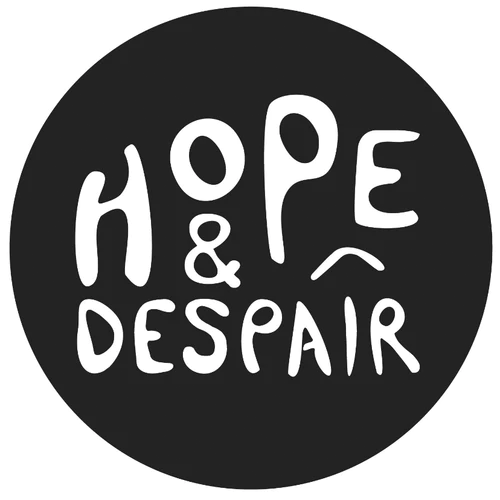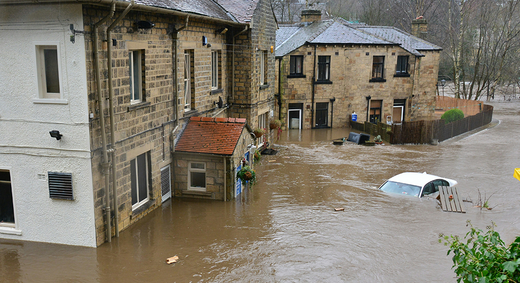
The Ultimate Guide to Non-Toxic, Non-Plastic Products for a Sustainable Home
Share
Are you ready to transform your home with eco-friendly, non-toxic products? Making the switch to sustainable alternatives isn’t just better for the planet; it’s healthier for you and your family. From the humble bicarbonate of soda to compostable sponges, small changes can make a big impact. Here’s everything you need to know about why and how to swap out your everyday items for non-toxic, non-plastic options.
Why Choose Non-Toxic and Non-Plastic Products?
The products we use every day can have a significant impact on our health and the environment. Many conventional cleaning products and household items contain harmful chemicals or are made from plastics that take hundreds of years to decompose. Here’s why switching matters:
- Protect Your Health: Non-toxic products are free from harsh chemicals like phthalates, parabens, and volatile organic compounds (VOCs), which can irritate your skin, trigger allergies, or contribute to long-term health issues.
- Reduce Plastic Pollution: Plastic waste contributes to environmental destruction, harming wildlife and ecosystems. By using biodegradable or reusable alternatives, you can help combat this crisis.
- Create a Safer Home: Eco-friendly products reduce harmful residues in your home, creating a cleaner, greener environment for your family.
- Support Sustainability: By choosing products made from renewable or biodegradable materials, you’re encouraging companies to prioritise sustainable practices.
Top Non-Toxic, Non-Plastic Products to Try
Here’s a list of must-have items to help you create a sustainable and toxin-free home:
1. Bicarbonate of Soda (Baking Soda)
Bicarbonate of soda is a powerhouse product with countless uses:
- Cleaning: Mix with water for a natural, non-toxic cleaner to tackle grease, grime, and stains.
- Deodorising: Sprinkle on carpets, shoes, or bins to neutralize odors.
- Laundry: Add to your washing machine to boost detergent effectiveness and soften clothes.
2. Compostable Sponges
Swap traditional synthetic sponges for compostable alternatives made from natural materials like cellulose or loofah. They:
- Break down naturally in your compost bin.
- Are free from microplastics that pollute waterways.
- Last just as long as regular sponges with proper care.
3. Beeswax Wraps
Ditch plastic wrap for reusable beeswax wraps. Perfect for covering bowls or wrapping sandwiches, they’re:
- Made from natural materials like cotton and beeswax.
- Biodegradable and compostable.
- A beautiful addition to your kitchen.
4. Glass or Stainless Steel Storage Containers
Say goodbye to plastic Tupperware and opt for durable glass or stainless steel options. These:
- Last for years without leaching chemicals into your food.
- Are easy to clean and dishwasher safe.
- Keep food fresher for longer.
5. Solid Dish Soap Bars
Replace liquid dish soap in plastic bottles with solid soap bars. These:
- Reduce single-use plastic waste.
- Often come with minimal packaging.
- Are just as effective for cutting through grease.
6. Bamboo Toothbrushes
Over a billion plastic toothbrushes are discarded annually. Switch to bamboo toothbrushes, which:
- Are made from renewable bamboo.
- Biodegrade naturally (just remove the bristles first).
- Feel just as comfortable to use as conventional toothbrushes.
7. Reusable Cloths and Unpaper Towels
Replace paper towels and single-use wipes with washable cloth alternatives. Benefits include:
- Reducing waste while saving money over time.
- Versatility for cleaning, drying, and even napkins.
- Easy cleaning in your regular laundry.
8. Natural Laundry Detergent
Many commercial detergents contain harsh chemicals and come in plastic bottles. Opt for natural alternatives, such as:
- Laundry strips or pods with biodegradable ingredients.
- Powder detergents in recyclable cardboard packaging.
- Soap nuts or wool dryer balls to soften clothes naturally.
How to Transition to Non-Toxic Products
Making the switch to eco-friendly alternatives doesn’t have to be overwhelming. Follow these simple steps:
- Start Small: Focus on one area of your home at a time, such as the kitchen or bathroom.
- Use What You Have: Finish using your existing products before replacing them to avoid unnecessary waste.
- Research Brands: Look for companies committed to sustainability, cruelty-free practices, and eco-friendly packaging.
- Buy in Bulk: Reduce packaging waste by purchasing items like soap, bicarbonate of soda, or detergent in bulk.
- DIY When Possible: Many eco-friendly solutions can be made at home. For example, mix vinegar, bicarbonate of soda, and essential oils for a DIY all-purpose cleaner.
The Benefits of Making the Switch
When you choose non-toxic, non-plastic products, you’re not just reducing your environmental impact. You’re also:
- Saving money by investing in reusable and long-lasting items.
- Simplifying your life with multi-purpose products like bicarbonate of soda.
- Creating a safer home for your loved ones.
Final Thoughts
Transitioning to non-toxic, non-plastic products is one of the most impactful ways you can reduce waste and live more sustainably. From the humble compostable sponge to versatile bicarbonate of soda, these small changes add up to big benefits for your health, home, and planet.
Ready to make the switch? Start today by swapping one product at a time and enjoy the peace of mind that comes with a cleaner, greener lifestyle. Remember, every small step you take contributes to a brighter, more sustainable future.
Want More Tips on Living Non-Toxically? Check out our future blog posts for more eco-friendly tips and tricks. Share this article with your friends and family to inspire them to make sustainable choices too!
You can also sign up to our emails for the latest news, discounts and advice.









